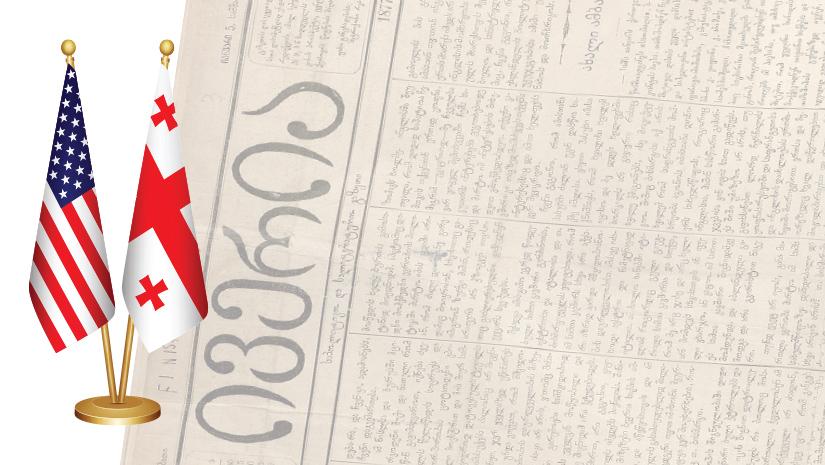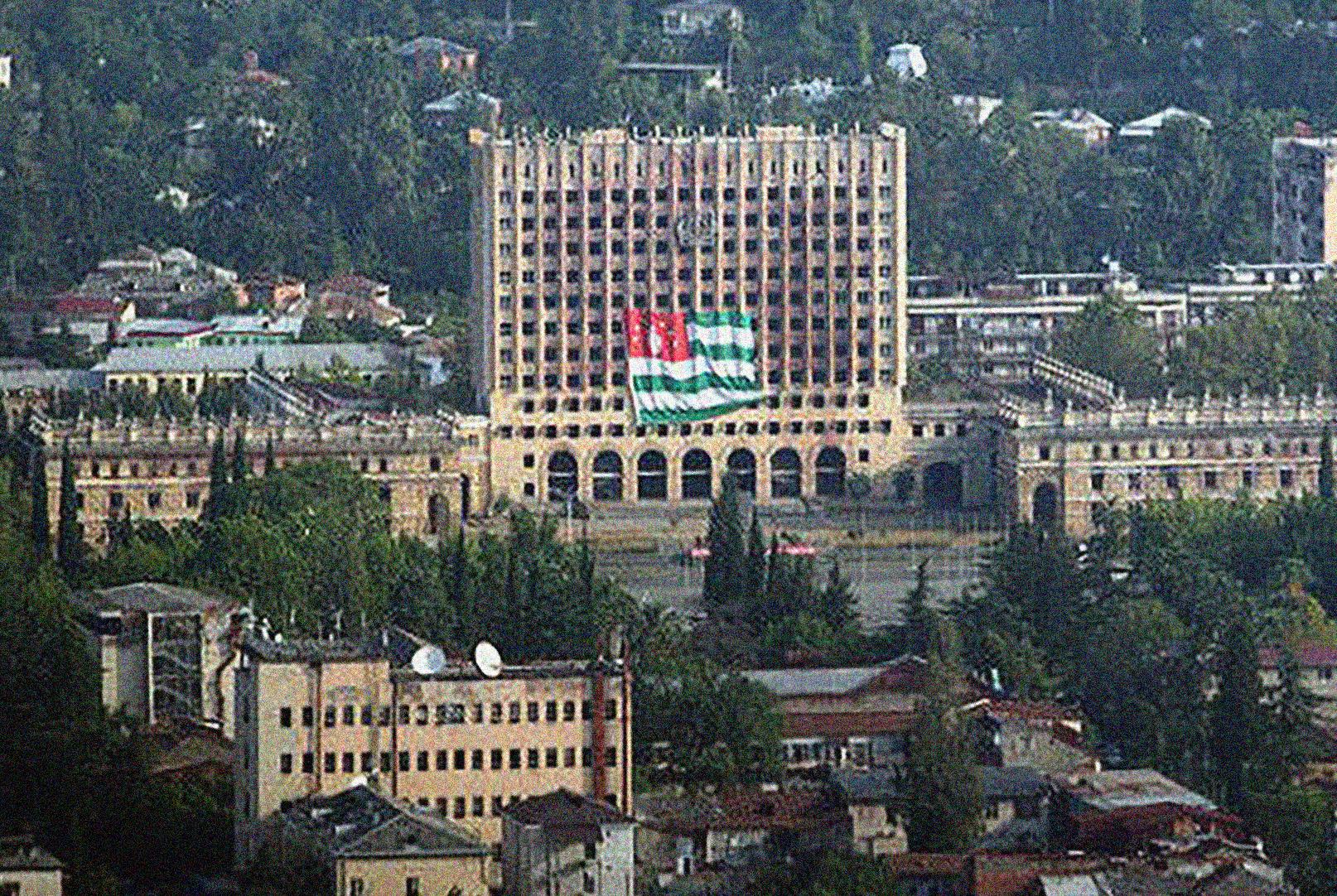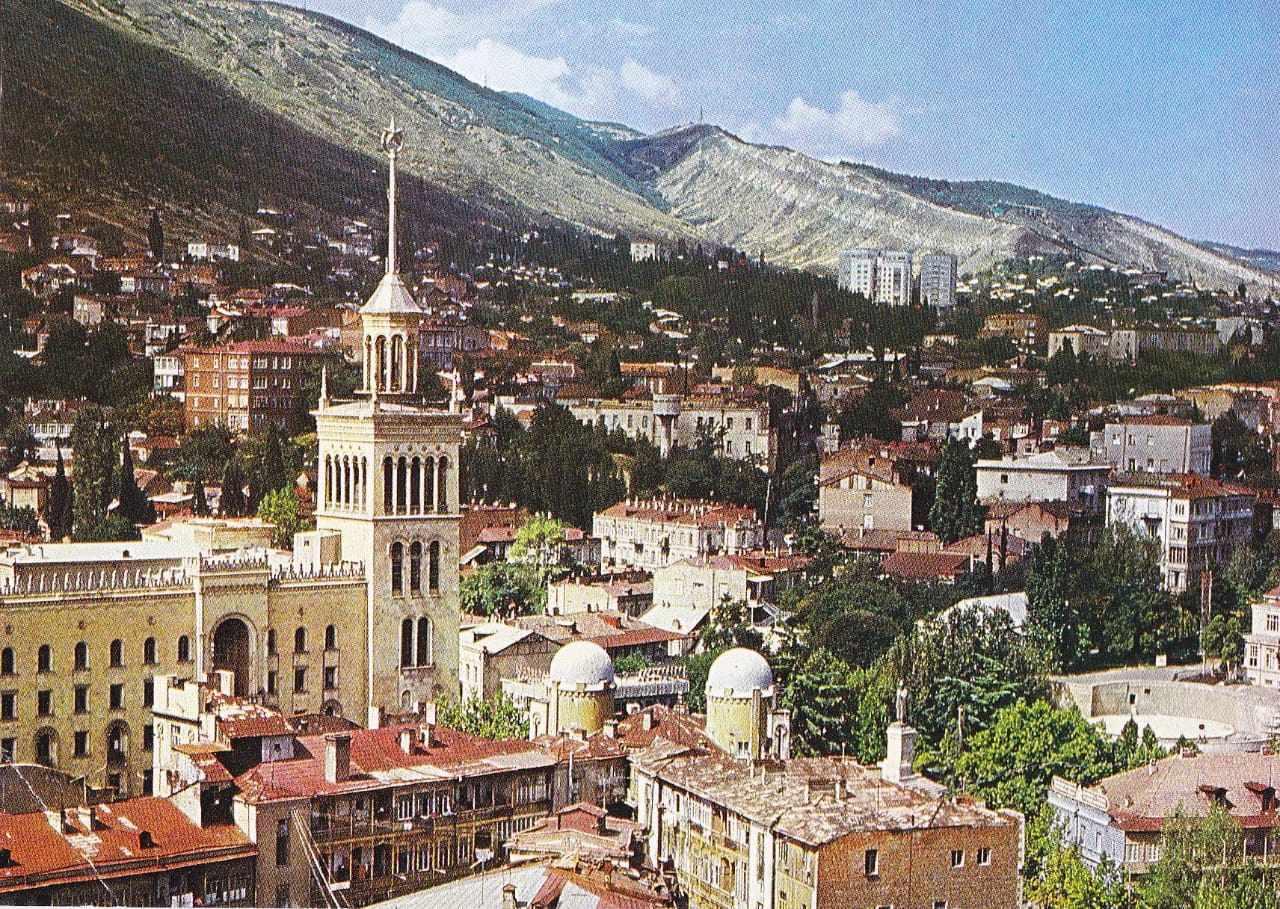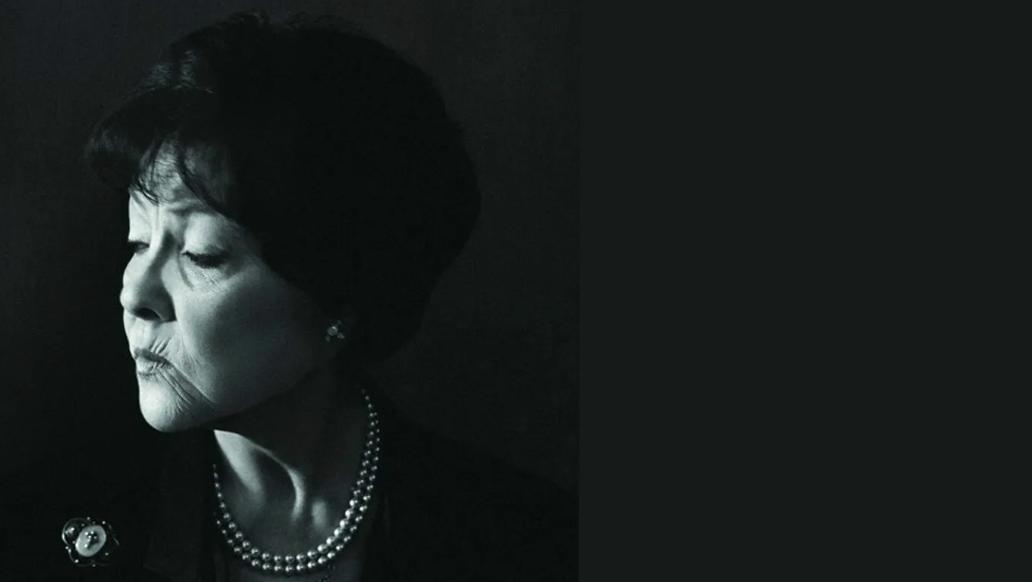Author : Levan Sebiskveradze
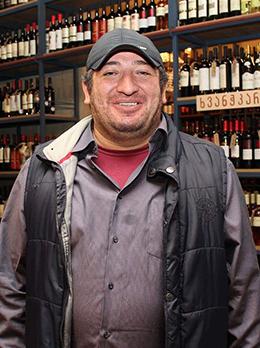
Funeral Wake Wine
Although Georgians are rightfully proud of their ancient winemaking and viticulture, we still have a bad habit of making and consuming so-called wine made with sugar, which dates back to the era of the Soviet Union, when adding sugar and water to wine was considered commonplace.
This harmful and bad ‘tradition’ is especially often observed at large wedding and funeral wake events, when hosts, in order to save money, purchase and offer their guests completely low-quality, adulterated wine. In our country, the term ‘funeral-wake wine’ has already been established, which itself denotes a fake, cheap drink that can be called wine only conditionally.
It is not uncommon for a family, for example, to spare no expense in setting a fantastic table at a wedding, investing a considerable amount of money. However, for some reason, they may choose to save money on wine, resulting in the table losing not only its elegance but also its taste. Most importantly, for true wine connoisseurs, sitting at such tables becomes a burdensome and depressing chore.
Today in Tbilisi, a litre of falsified, sugar-water-mixed white wine can be bought for 1.5 GEL. Wine for 2 GEL, which is also fake, is already considered ‘honestly made’. This is happening at a time when, if not in Tbilisi, then in outer Kakheti, a litre of Rkatsiteli made from normal, real grape juice can be bought for 3-3.5 GEL, and the difference between the prices is not so striking and noticeable that people, who already spend a lot of money, would be hindered by it and instead of wine the guests are offered a terrible liquid of unknown origin.
According to Georgian legislation, a drink can only be called wine if it is made from grape juice. Adulteration of wine is prohibited by law. However, the law will hardly regulate the process of trade with the so-called unbottled wine, because when the consumer buys the sugary-watery wine from the seller, as a rule, they already know what they are buying and do not object to this fact, but are very satisfied with the purchase due to the cheapness of the wine. The transaction between the two subjects (the seller and the buyer, which is not reflected in any payment document), of course, remains unknown to the state. To tell the truth, the state does not bother to monitor this process either.
Bottled wine is a completely different case, which is controlled at least at some level on the territory of Georgia, and fortunately there is almost no obviously fake bottled wine on our wine market. However, it is one thing for wine to enter the wine market officially, with excise tax and a production license, and it is quite another thing when a person somewhere, in the basement of a building, makes pseudo-wine in an artisanal way. Unfortunately, there are many such ‘winemakers’ in Georgia.
The Low Level of Wine-Related Education
A few years ago, at one of the wine festivals held in Tbilisi, a customer asked a girl representing a wine company if they had wine made from one of the famous varieties of Kartli—Chinuri (“Chinese” in English), to which the girl replied with surprise and a kind of irony that they only had Georgian wines and they didn’t need Chinese wine for anything.
Unfortunately, the level of education related to wine and winemaking is not high in Georgia. As seen from the story above, representatives of wine companies and so-called sommeliers in restaurants exhibit a notable lack of knowledge, no less than consumers. Of course, we cannot attribute ignorance to everyone, and there are many real professionals. However, the fact remains that, despite the unprecedented growth of wine exports, the level of education in the Georgian wine sector remains a significant challenge. This deficiency, apart from being evident to our compatriots, is also noticeable to foreigners.
A well-known Ukrainian blogger who writes mainly about conflicts visited Georgia last summer. This man is a wine technologist by profession and is very well versed in wines; moreover, he also understands what style of wine can be matched to what dish. That’s why he wrote with surprise that while he was in Batumi, the sommelier in one of the popular restaurants recommended a semi-sweet white Tvishi to go with the pork barbecue instead of a dry red, thinking that the Slavs here loved semi-sweet wines, and this guy would like it, too.
In the modern age, with a lot of information available on the Internet, there is a lot to learn about wine. It is one thing, though, when an ordinary wine consumer gets a minimum of information by spending a little time on the Internet, and another thing when a wine guide gets altogether superficial information. Although it should be his direct duty to have an in-depth knowledge of Georgian wine and wine in general, as it is these particular people who introduce foreigners to our country precisely from the point of view of winemaking.
In contrast to the 90s, today in some Georgian higher educational institutions there are real departments of oenology, where in one way or another it is possible to acquire knowledge about wine. However, today’s educational system is unfortunately full of stereotypes and young people are mainly taught about conventional, mass-produced wine. This is when the philosophy of natural and biodynamic winemaking is gradually becoming popular around the world.
Some Georgian winemakers have been thinking for many years that winemaking should be included as a one semester subject in the final grades of public schools, and our youth should be taught from childhood about Georgian grape varieties and the essence of viticulture and winemaking. These ideas have not materialized yet. The fact is that the general level of wine education in Georgia, which is rightfully proud of its eight thousand years of winemaking history, is undesirably low and problematic.

